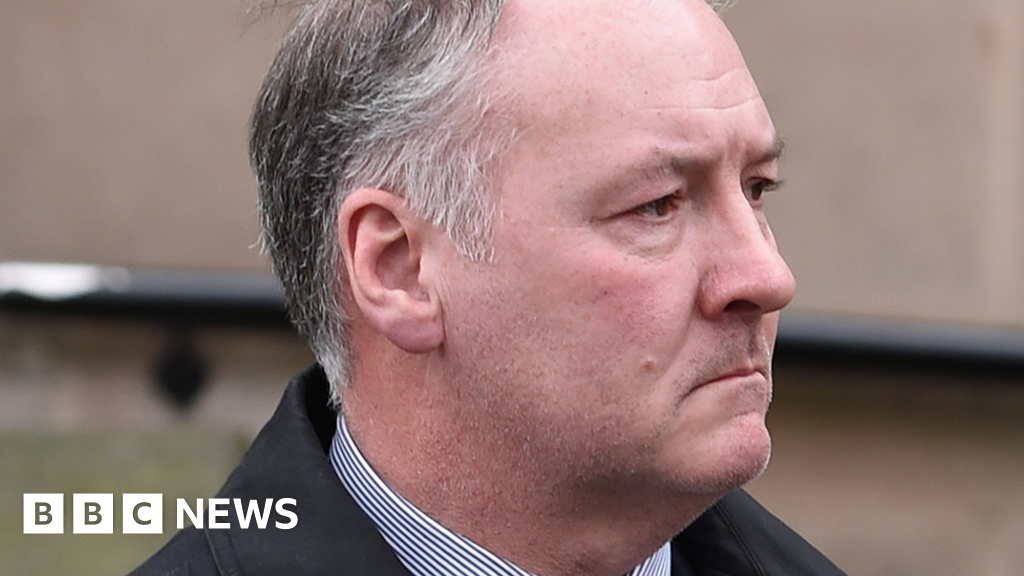
Jailed surgeon Ian Paterson is slated for release in May 2027, before the conclusion of inquests into the deaths of 64 of his former patients, raising significant concerns among families and legal experts. Paterson, who was convicted in 2017 for performing unnecessary and harmful surgeries, was sentenced to 20 years in prison. However, under UK law, he is eligible for automatic release after serving half of his sentence.
The inquests, which are examining whether Paterson’s actions contributed to the deaths of his patients, are ongoing and are not expected to conclude until the end of 2027. The coroner, Judge Richard Foster, revealed that the hearings have been delayed, with the first module taking longer than anticipated. Efforts are being made to expedite the process, including the increased use of written evidence.
The Impact on Victims’ Families
The news of Paterson’s impending release has sparked outrage and fear among the families of his victims. Marie Pinfield, a former patient, died in 2008, and her sister, Shirley Moroney, expressed deep concern about the implications of Paterson’s release on the ongoing inquests. “Ian Paterson will be out of prison, and what will that mean for the coroner’s process?” she questioned, highlighting the uncertainty surrounding his participation in the proceedings.
Moroney added, “It makes you quite sad that we’re going through all of this and potentially he could just walk away from it.” Her trust in Paterson’s honesty and remorse is minimal, and she fears that his release could hinder the search for closure.
“The whole thought of him being out of prison stresses you out. When they give a sentence of 20 years, you hope that they mean it, but in the society we live in, the expectation is they only have to do half.” – Shirley Moroney
Legal and Ethical Concerns
The situation has also raised questions about the legal framework that allows for Paterson’s early release. Dan Hudson, whose mother was a patient of Paterson, described the situation as “absolutely disgusting.” He called for intervention from higher authorities, suggesting that the health secretary should step in to prevent Paterson from potentially evading justice.
“There needs to be a system in place. How are we going to stop him getting out of prison and disappearing? There’s nothing to stop him. I can’t see why that wouldn’t happen.” – Dan Hudson
Legal experts have pointed out that while Paterson will still be required to give evidence, his release could complicate the proceedings. The ethical implications of releasing a convicted surgeon before the full extent of his actions is legally determined have been a point of contention.
Historical Context and Future Implications
This case is reminiscent of other high-profile medical malpractice cases where the legal system struggled to balance the rights of the convicted with the need for justice for victims. The release of Paterson before the inquests conclude could set a precedent for similar cases, potentially affecting public trust in the legal and healthcare systems.
As the inquests continue, the focus remains on ensuring a thorough investigation into the deaths of Paterson’s patients. The coroner’s court is under pressure to deliver timely conclusions, balancing the need for comprehensive evidence with the emotional toll on the victims’ families.
Moving forward, the situation calls for a reevaluation of the policies surrounding the release of prisoners convicted of serious crimes, particularly when ongoing legal processes could be impacted. The families of Paterson’s victims continue to seek closure and justice, hoping that the inquests will ultimately provide answers and accountability.
The case of Ian Paterson remains a poignant reminder of the complexities involved in the intersection of healthcare, law, and ethics. As the inquests proceed, all eyes will be on the outcomes and their implications for future legal and medical practices.







